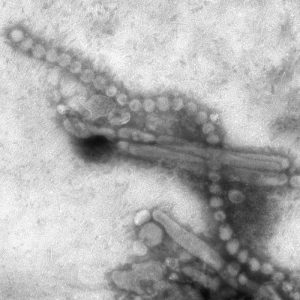The Hong Kong Department of Health (DH) is today closely monitoring an additional human case of avian influenza A(H7N9) reported by the Jiangsu Provincial Commission of Health and Family Planning (the Commission), and hence called on the public to stay alert and maintain good personal, food and environmental hygiene during travel.

According to the Commission, the patient is a woman aged 58 who visited a market and bought and slaughtered a chicken before onset. She is now hospitalized for treatment and is in critical condition.
To date, 441 human cases of avian influenza A(H7N9) have been confirmed on the Mainland in Zhejiang (139 cases), Guangdong (109 cases), Jiangsu (57 cases), Shanghai (41 cases), Hunan (24 cases), Fujian (22 cases), Anhui (17 cases), Jiangxi (eight cases), Beijing (five cases), Shandong (five cases), Henan (four cases), Guangxi (three cases), Xinjiang Uygur Autonomous Region (three cases), Jilin (two cases), Guizhou (one case) and Hebei (one case).
According to the World Health Organization (WHO), avian influenza A(H7N9) is a subtype of influenza viruses that have been detected in birds in the past. This particular A(H7N9) virus had not previously been seen in either animals or people until it was found in March 2013 in China.
However, since then, infections in both humans and birds have been observed. The disease is of concern because most patients have become severely ill. Most of the cases of human infection with this avian H7N9 virus have reported recent exposure to live poultry or potentially contaminated environments, especially markets where live birds have been sold. This virus does not appear to transmit easily from person to person, and sustained human-to-human transmission has not been reported.


